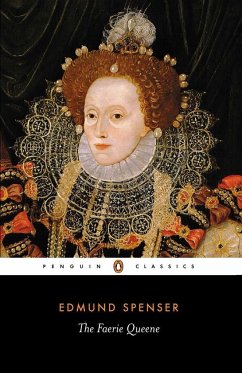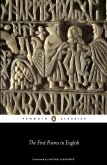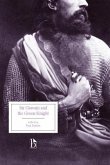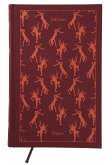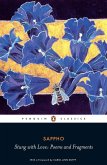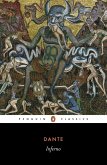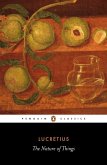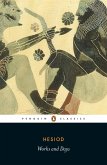Classic epic poem including a useful table of dates and a list of common words.
Combines medieval romance and renaissance epic to expound the glory of the Virgin Queen. This title recounts the quests of knights including Sir Guyon, Knight of Constance, who resists temptation, and Artegall, Knight of Justice, whose story alludes to the execution of Mary Queen of Scots.
Hinweis: Dieser Artikel kann nur an eine deutsche Lieferadresse ausgeliefert werden.
Combines medieval romance and renaissance epic to expound the glory of the Virgin Queen. This title recounts the quests of knights including Sir Guyon, Knight of Constance, who resists temptation, and Artegall, Knight of Justice, whose story alludes to the execution of Mary Queen of Scots.
Hinweis: Dieser Artikel kann nur an eine deutsche Lieferadresse ausgeliefert werden.

